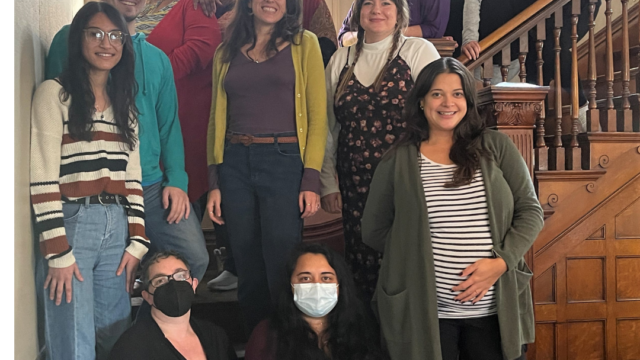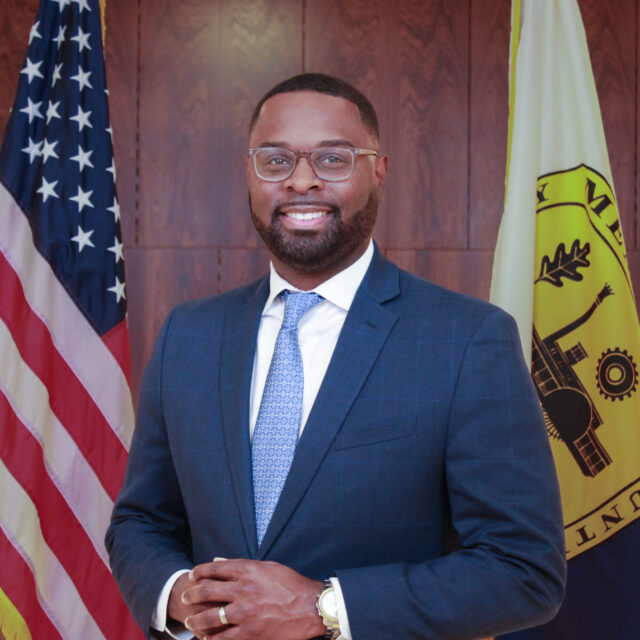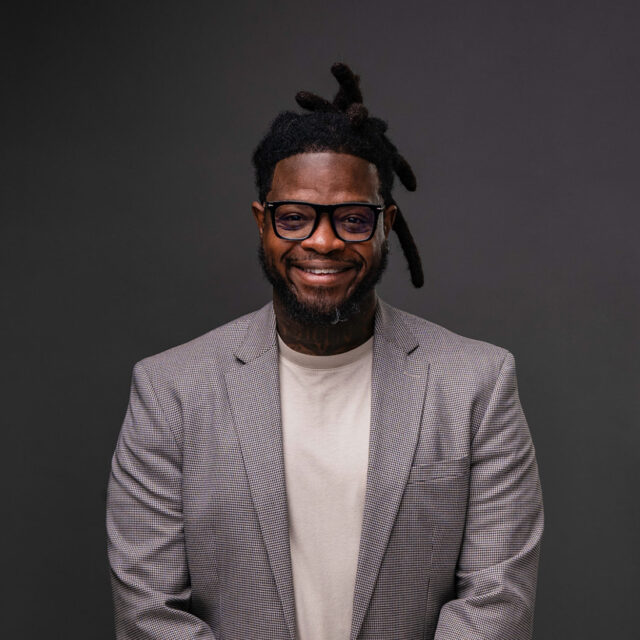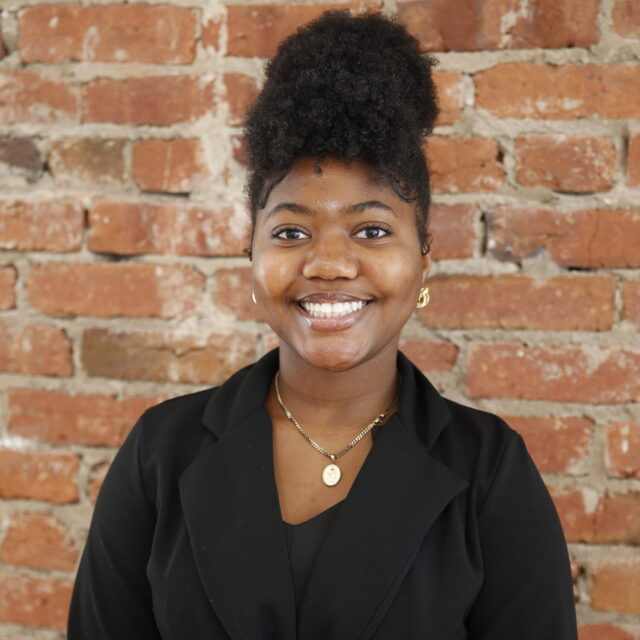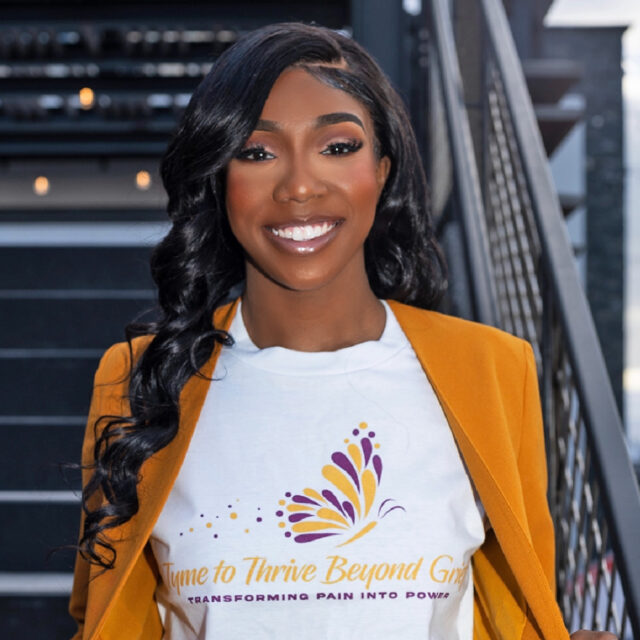The Center for Nonviolence: Creating Lasting Change for Individuals and Communities
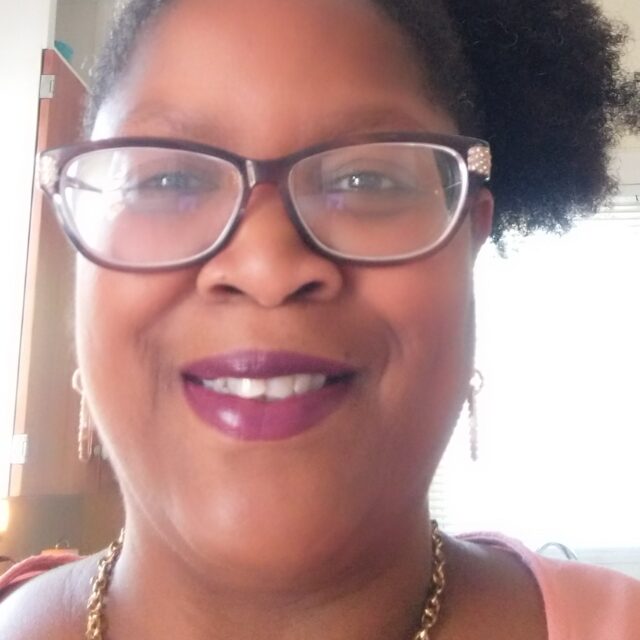
2.28.2024
I am the grant writer and a member of the executive directorship team at the Center for Nonviolence (CFN). Our mission is to provide education, support, and advocacy to end domestic and other forms of violence while modeling equality and power-sharing. We do that by facilitating a process of change in the clients we serve.
CFN is a nationally recognized, award-winning leader in the area of violence prevention for youth, violence intervention for adults, and support and advocacy for victims and survivors. We have a 43-year track record of providing trauma-informed, linguistically and culturally affirming programs and services to individuals and families whose lives have been impacted by violence.
We serve everyone along the spectrum of violence, so for us, the day-to-day work looks like ensuring that:
- Survivors are receiving the support they need through our support and advocacy programs;
- Youth are learning how to stop violence before it starts through our prevention programs, such as our FACES Nonviolent Leadership Program; and
- Those who are using violence at a relational or community level are given opportunities to change through our violence intervention programs.
At CFN, I wear many hats, but my primary role involves finding ways to help financially sustain and support the organization while lifting up the unique needs and lived experiences of the individuals and families we serve—the majority of whom are members of BIPOC, queer, and immigrant communities.
Witnessing strong, powerful Black and Brown women surviving violence—including my own mother—at various points in my childhood is what inspired me to do this work. I am a child survivor of domestic violence and, as a young person, I also experienced the trauma of having lost friends to gang violence. These were boys I had grown up with, boys who were like brothers to me, whose lives had ended at the barrel of a gun.
All of these lives—the incredible women, the lost boys—empower, inspire, and motivate me to want to be part of real and lasting change at both the individual and structural levels. There is so much that we do at CFN that I find gratifying, but one of the most rewarding aspects of this work is watching this process of change happen. Seeing men who have used violence reach a point where they strip away all pretense of who they thought they were, and get real about who they actually are, is an incredible experience. The transformation in our clients, whether they’re folks who have used violence or survivors who are escaping violence, is absolutely magical.
One of the most unique aspects of the work we do at CFN is our approach to addressing violence. We understand that violence is a structural and communal—not just individual—problem, and so we help clients to connect those dots as well. As a result of participating in our programs, clients are better able to see and understand where, how, and why they’re mimicking and reinforcing hierarchy, white supremacy, and structural oppression in their own lives.
While other organizations address domestic violence, we see domestic violence as just one rung on the violence ladder and therefore work to address all forms of violence in our community. We are the only organization in our community that currently offers anti-violence services for everyone, no matter where on that ladder they’re standing: Prevention programming for youth who are witnessing violence in their homes and communities, support and advocacy for those who are surviving violence, and intervention programming for those who are using violence.
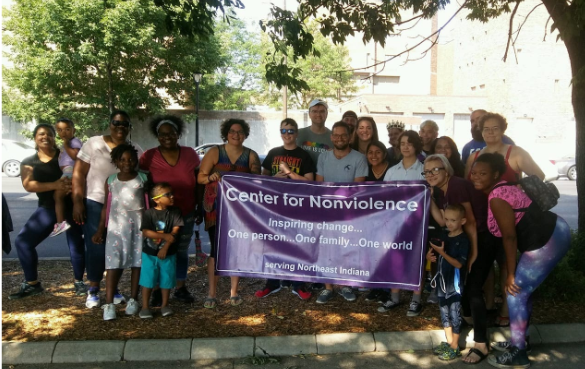
In 2020, CFN received an Everytown Support Fund Domestic Violence Program grant. We have used the funding to support our HEAL (Honoring & Empowering Afrikan-American Lives) Fort Wayne program. Developed by the Center for Nonviolence People of Afrikan Descent Advisory Group (PADAG), HEALFW is a culturally affirming, community-based initiative that seeks to assess and meet the needs of people of Afrikan descent whose lives have been impacted by domestic and other forms of violence, including gun violence, intra-communal violence, interpersonal violence, and systemic violence.
While we do not have a specific, targeted, programmatic focus on gun violence specifically, the reality is that addressing, intervening in, and preventing gun violence is an integral part of our work. When you’re doing anti-violence work in a state with lax gun laws like Indiana, gun violence prevention is going to be a built-in aspect of what you’re dealing with on a daily basis, whether you want it to be or not. Gun violence prevention is critically important to our work—our clients’ lives literally depend on it.
As the crisis of gun violence escalates every day in the United States, I have hope that the circle of those working to prevent gun violence will continue to grow. Let me be clear: I do not wish the horrors of gun violence on anyone or any community. However, I’m practical and rational enough to know that when these issues start impacting more than just poor Black and Brown communities, or poor, rural white communities, we start to see change. That change, and the solutions implemented, can be excruciatingly slow and frustratingly incremental, but if we look closely, we do see it, thanks in large part to organizations like Everytown.
When I think about other organizations that are doing gun violence prevention work, I want to recognize the incredible work that the Movement for Black Lives (MB4L) is doing around this and many other issues disproportionately impacting Black people. MB4L’s platforms and policy initiatives could solve the gun crisis today if those in positions of power decided to do something about it—they’re truly amazing, and I want to lift them up in the gun violence prevention movement!
When you listen to Black people, on virtually any issue—much less gun violence—you solve that problem for damn near everybody. Liberating the most marginalized, violated, and oppressed communities will liberate us all. Point blank and period. And this is just as true for gun violence as it is for any issue in our society.


